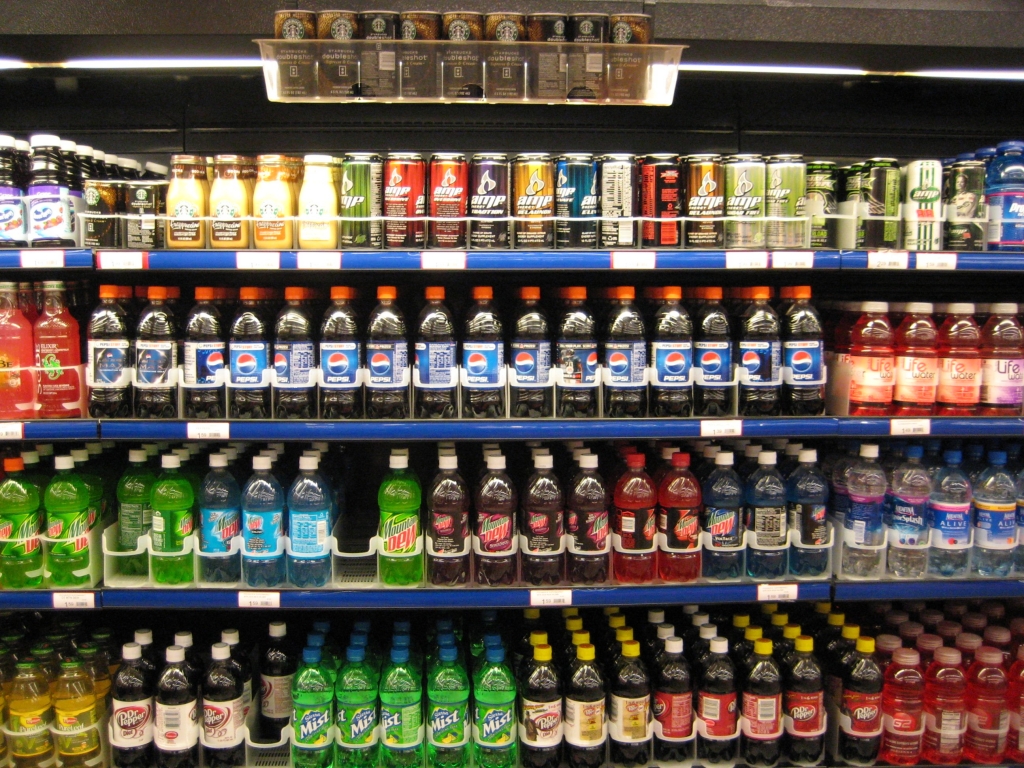-
Tips for becoming a good boxer - November 6, 2020
-
7 expert tips for making your hens night a memorable one - November 6, 2020
-
5 reasons to host your Christmas party on a cruise boat - November 6, 2020
-
What to do when you’re charged with a crime - November 6, 2020
-
Should you get one or multiple dogs? Here’s all you need to know - November 3, 2020
-
A Guide: How to Build Your Very Own Magic Mirror - February 14, 2019
-
Our Top Inspirational Baseball Stars - November 24, 2018
-
Five Tech Tools That Will Help You Turn Your Blog into a Business - November 24, 2018
-
How to Indulge on Vacation without Expanding Your Waist - November 9, 2018
-
5 Strategies for Businesses to Appeal to Today’s Increasingly Mobile-Crazed Customers - November 9, 2018
Sugary beverages can significantly enhance risk of diabetes, heart attack and
Researchers reviewed data on 84,628 women collected between 1980 and 2010 as part of the Nurses’ Health Study and 42,908 men collected between 1986 and 2010 as part of the Health Professionals Follow-up Study.
Advertisement
Professor Hu adds that consuming sweetened beverages can contribute to weight gain since the liquid calories do not provide a filling effect and therefore people do not adjust the food intake during subsequent meals. Sugar-sweetened beverages are usually the carriers, paving the way for fructose-containing sugars – such as high-fructose corn syrup (HFCS) and sucrose.
Although, in the past decade, consumption of sugary beverages has come down moderately, they continue to be the singular source of the highest intake of added sugar in USA diet. One in four Americans consumes at least 200 calories per day from the drinks, and 5 percent of the population gets 500 calories per day from them – the equivalent of 4 cans of soda.
Dr. Frank Hu, lead author of the research and nutrition and epidemiology researcher at Harvard T.H. Chan School of Public Health, believes that the recent findings should convince regulators to promote public health policies that can greatly limit consumption of these beverages.
Glucose is readily absorbed from the gastrointestinal tract into the bloodstream where it is transported through the action of insulin into the body’s cells to be used as fuel.
The findings reveal that one or more a day is enough to significantly increase the risk of diabetes and stroke.
Also known as blood fats, triglycerides can result in insulin resistance, a leading cause of both diabetes and heart disease, the researchers say.
Writing in the Journal of the American College of Cardiology, the team behind the review also call for more aggressive efforts to reduce consumption of products containing added sugar.
The new research looked at dozens of studies, and explored how different types of sugar metabolise in the body. At present more than 50% of the U.S population consumes sugar-sweetened beverages every day.
Dr Mike Knapton, Associate Medical Director at the British Heart Foundation, said: ‘This is an interesting review from a USA perspective and reflects recent research on carbohydrates and United Kingdom health from the Scientific Advisory Committee on Nutrition, which highlighted the importance of lowering our intakes of sugar, in particular sugar-sweetened drinks to help protect our health. But what exactly is the effect of drinking energy drinks, soda, and coffee drinks on the regular? Ultimately, they’ll be able to reduce how much they drink.
Advertisement
The study shows that 40 per cent of NHS resources are spent dealing with ills caused by potentially preventable lifestyle factors such as unhealthy eating habits, obesity, alcohol and smoking.





























